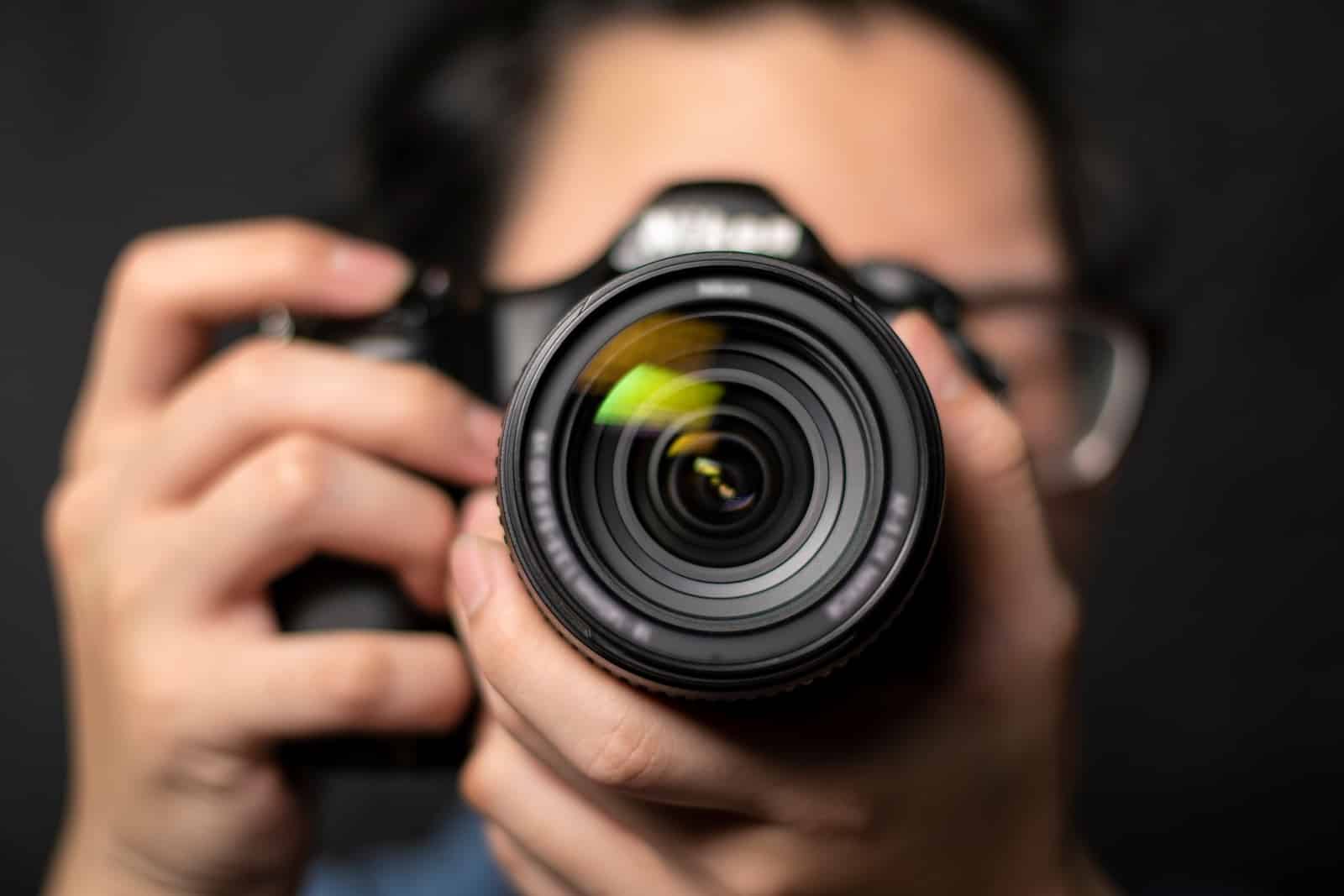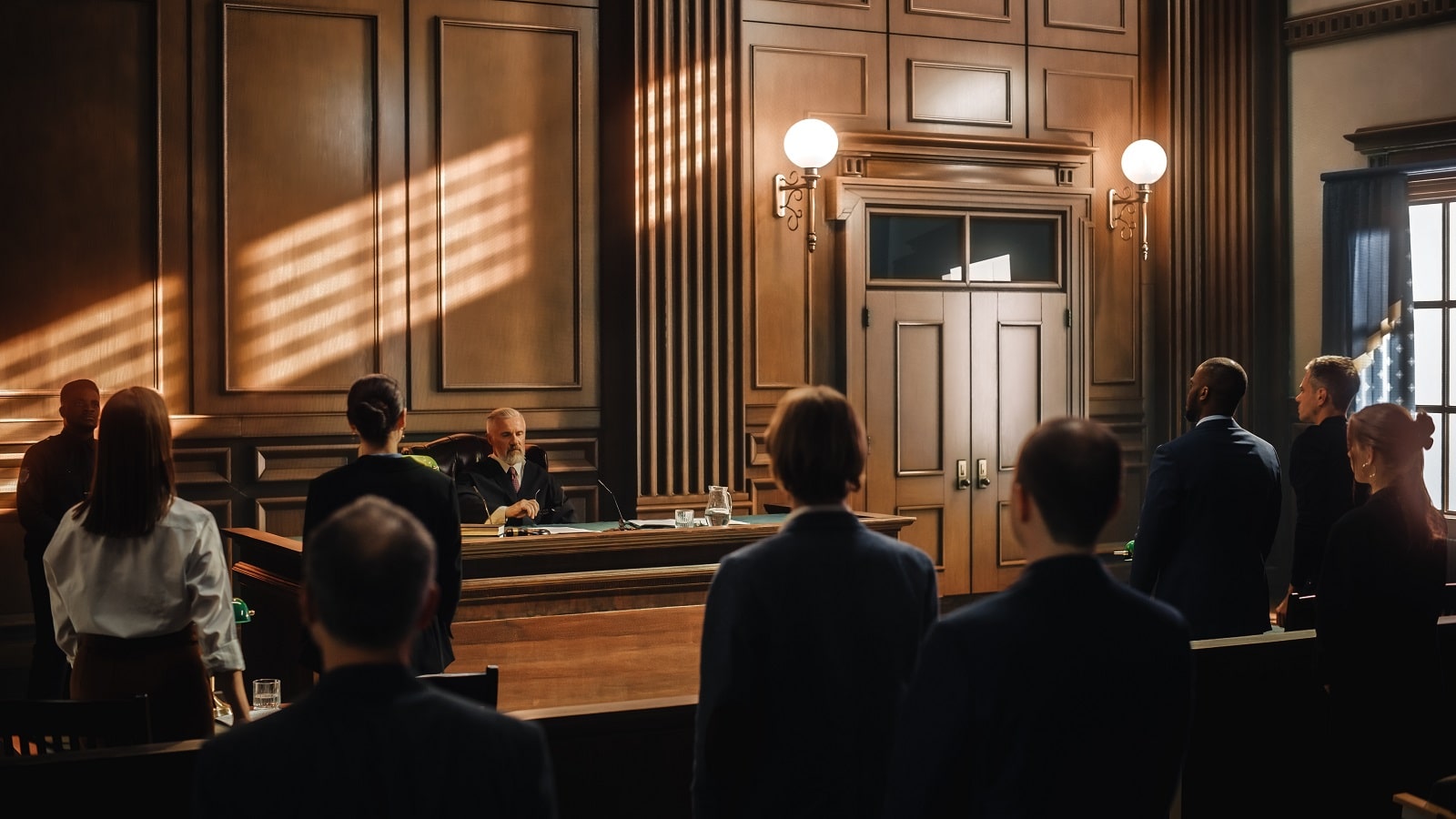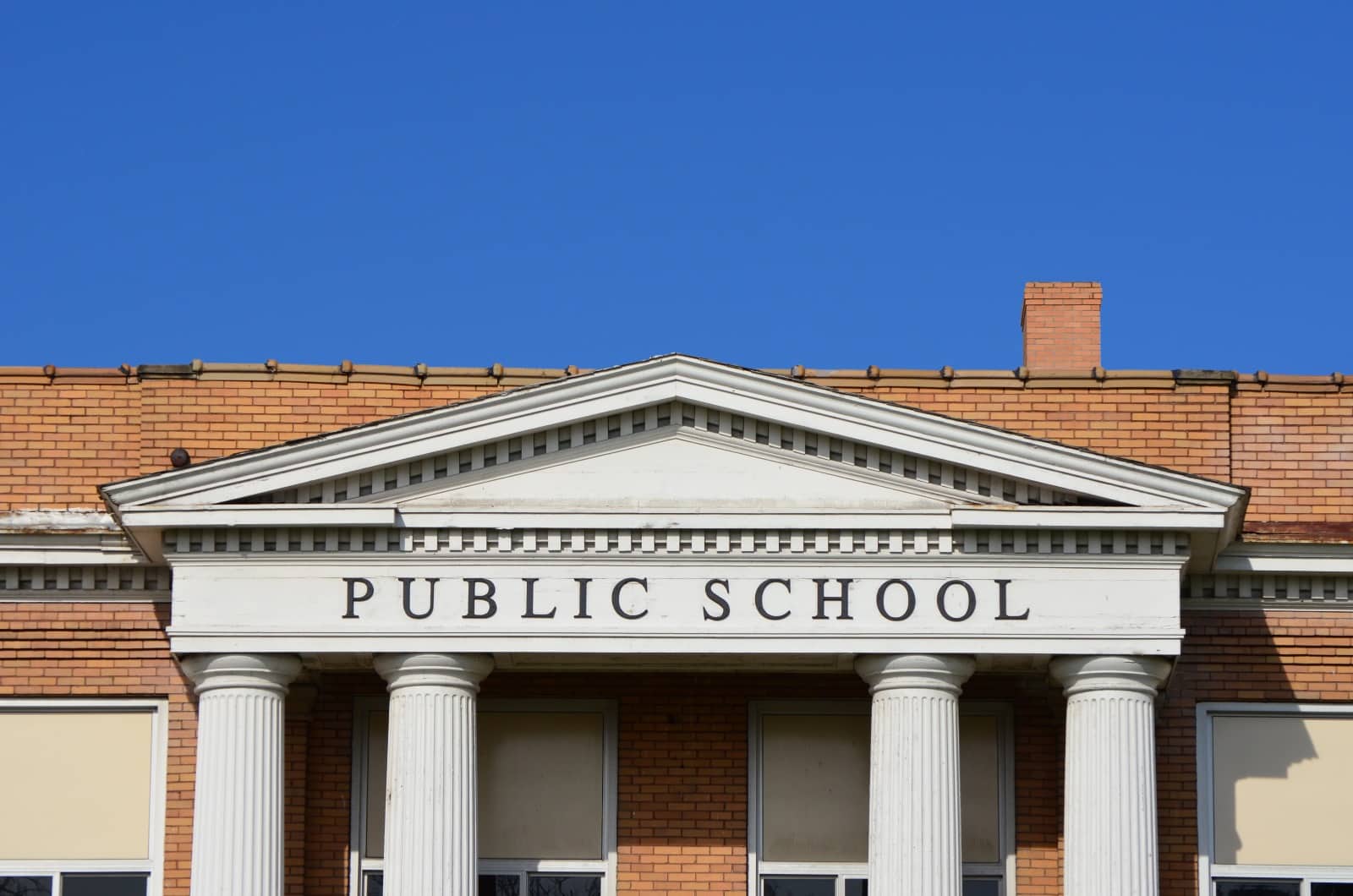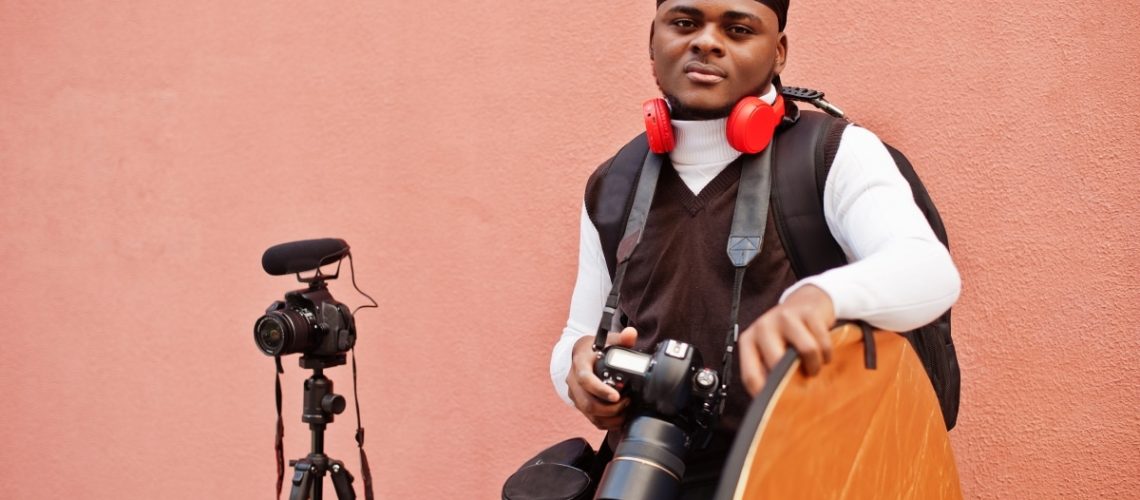In a move that stirred considerable debate in the academic community, the University of Nebraska-Lincoln (UNL) came under fire for an alleged act of racial discrimination.
A Controversial Residency Program

The university had backed a residency program specifically tailored for black filmmakers, which, according to critics, blatantly disregarded principles of racial equality.
Legal Challenge

The legal challenge comes from the Equal Protection Project, a nonprofit that has previously taken action against institutions alleged to show racial preference.
The Equal Protection Project’s Allegations

At the heart of the dispute was the collaboration between UNL’s Johnny Carson School of Emerging Media Arts and the NYC-based nonprofit Black Public Media.
The objective of their Black Public Media Residency program was straightforward: empower “black filmmakers, artists, and creative technologists.”
Empowering Black Filmmakers

Participants gained exclusive access to cutting-edge technology equipment and invaluable training on emerging software.
Spanning several weeks in July in both 2022 and 2023, the initiative focused on projects helmed by a person of African descent in key creative positions, such as writing, directing, or producing.
Allegations of Violation

However, the Equal Protection Project, which previously challenged Harvard University’s race-conscious admission policies at the U.S. Supreme Court, views the program as a violation of both the Equal Protection Clause of the 14th Amendment and the Civil Rights Act.
Mandating Diversity as a Dilemma

William Jacobson, a Cornell University professor and founder of the conservative blog Legal Insurrection, elaborated on the perceived discrimination.
Jacobson stated that mandating at least one Black individual in a creative team curtailed opportunities for others.
Racial Diversity in Creative Teams

“Requiring a Black member in the team not only marginalizes other talented individuals but also forces students to make choices based on race,” Jacobson asserted.
This, in his view, was both “offensive and troubling.”
Artists at the Center

Eboni Zamani, J. Bird Lathon, and Conrad Burgos, artists hailing from different parts of the country, participated in the 2023 residency.
Their selection came after the National Endowment for the Arts generously allocated a $40,000 award for this purpose.
Federal Funding and Civil Rights Act

The central argument in the complaint revolves around UNL’s federal funding.
As a recipient, the university must adhere to Title VI of the Civil Rights Act of 1964, which prohibits racial discrimination.
The complaint asserts that UNL’s involvement in the program infringes upon this act and calls on the Office of Civil Rights to impose punitive measures, including potential fines or funding suspension.
Legal Precedent

In support of their claim, the complaint referenced the Supreme Court’s recent decision regarding the Students for Fair Admissions case.
The judgment, delivered in June, criticized the broad application of racial categories, deeming them counterproductive to educational objectives.
Office of Civil Rights Involvement

While the university awaits an official inquiry, the Department of Education’s Office for Civil Rights will evaluate the claims.
The process might entail thorough documentation reviews, interviews, or even site visits to establish the truth of the allegations.
Challenging Multiple Institutions

This isn’t the first time the Equal Protection Project has cast its spotlight on institutions.
Their efforts this summer target various colleges and universities they believe show racial favoritism in programs or initiatives.
Advocates vs. Opponents of Racial Preference

They took issue with the State University of New York at Buffalo’s School of Law and its preference for students of color in a particular program.
The University of Minnesota was also on their radar for a long-standing internship program for Black and Native students.
The criticism persisted, despite the university’s efforts to rename and rebrand the program.
Debates and Divisions

Missouri State University was another institution that felt the heat from the Equal Protection Project for a business boot camp that was allegedly discriminatory against white males.
Inclusivity vs. Legal and Ethical Considerations
Image Credit: Pexels / Pixabay
These series of allegations have ignited discussions nationwide. Advocates argue that such programs aim to address historical imbalances and foster diversity.
Opponents, however, see them as discriminatory and divisive.
As this debate rages on, institutions like UNL find themselves grappling with the challenge of balancing inclusivity with legal and ethical considerations.
The post University Faces Racism Accusations Over Program Aimed at Black Filmmakers first appeared on Pulse of Pride.
Featured Image Credit: Shutterstock / AS photo family. The people shown in the images are for illustrative purposes only, not the actual people featured in the story.


